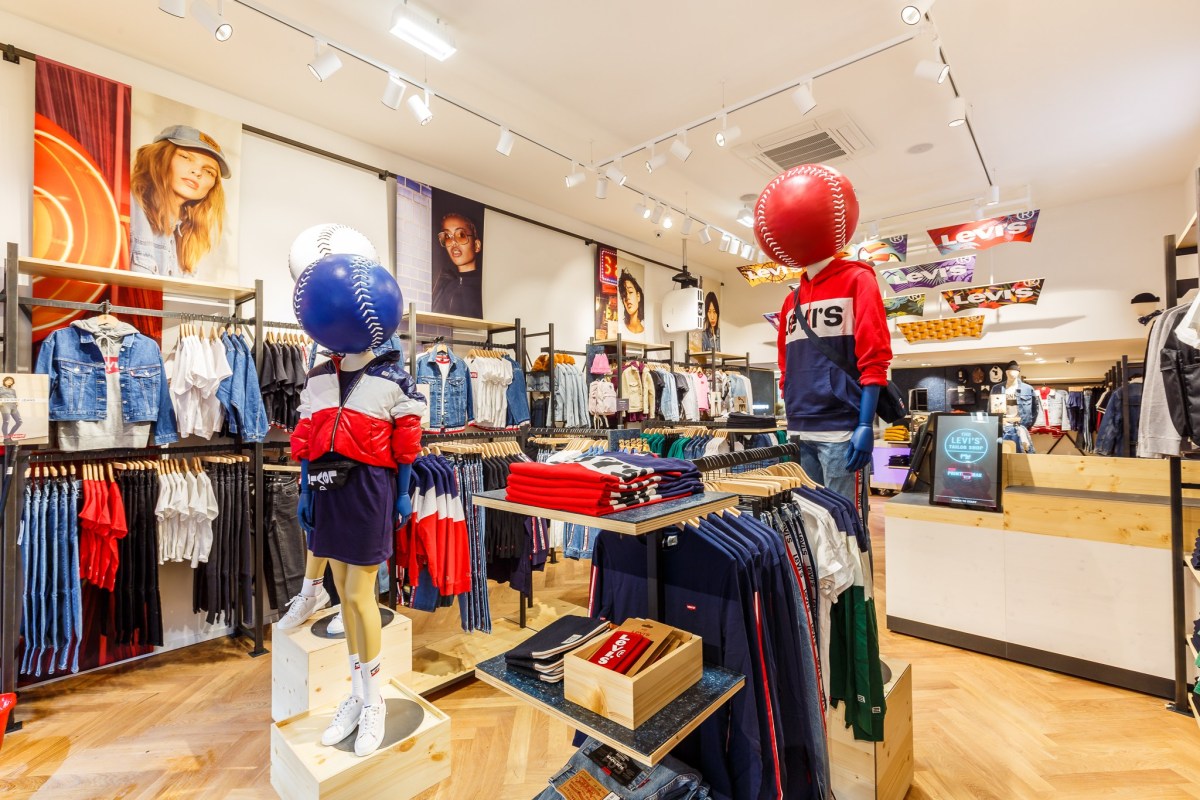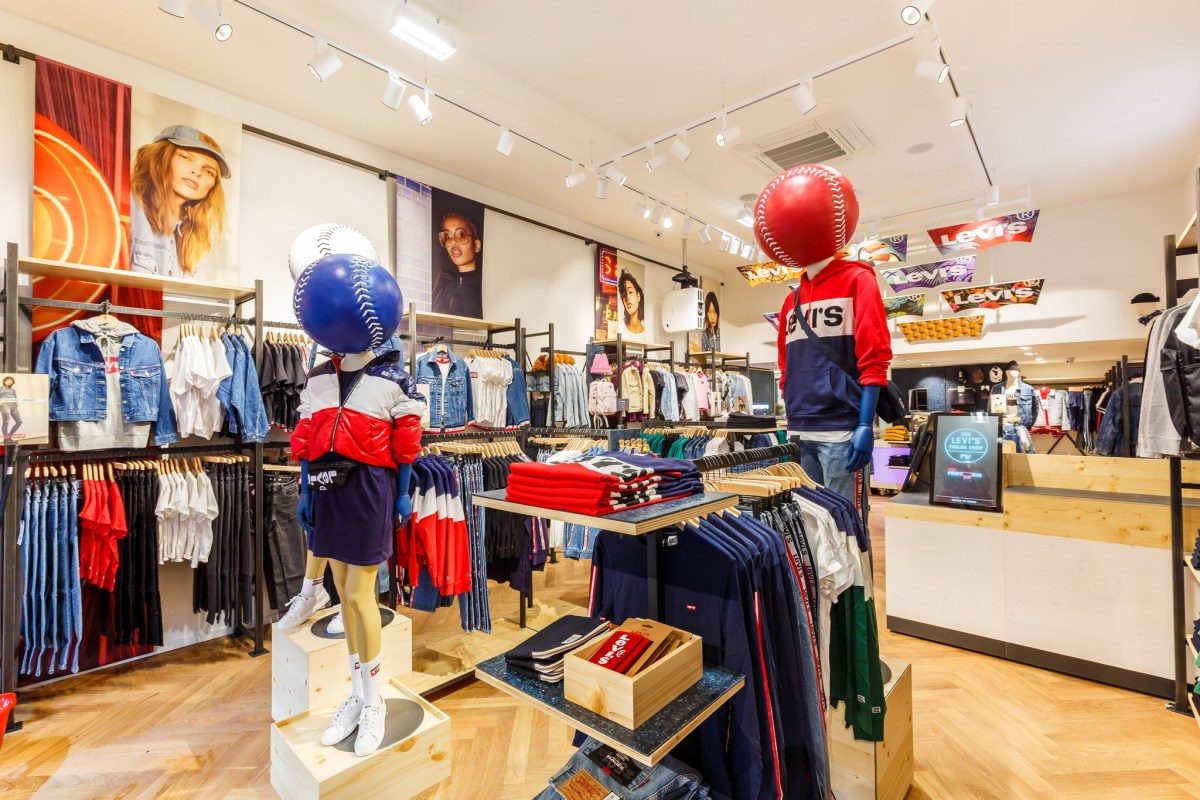
When it comes to understanding Gen Z consumers, brands like Levi’s are going straight to the source.
At Bluezone in Munich Germany last month 16-year-old marketing wunderkind Charles Bahr, founder of Tubeconnect, a Hamburg-based Gen Z agency, shared how his company serves as a sounding board for brands hoping to connect with the young demographic.
After watching too many brands miss the mark with Gen Z, Bahr set out to create his own team of teenagers and experienced marketing specialists to guide brands in the right direction, including Levi’s.
The denim giant tapped Tubeconnect for its pilot Gen Z store in Rotterdam, Netherlands. The store, which opened in November 2018, integrates digital and physical shopping experiences through an in-store social media newsfeed, a customization bar and Instagram-able spaces, including dressing rooms with fun wallpapers.
However, that wasn’t Levi’s initial plan to capture the Gen Z market.
Early on, Bahr recalls Levi’s pitching gimmicks that spanned in-store robots, to allowing customers to curate the store’s music through a Spotify playlist. While the ideas were made in good faith—and likely based on the generation’s fondness for technology and personalization—Bahr said the brand lost itself in the process.
The novel concepts also distracted from what Gen Z consumers ultimately wanted to do in the store, which is to buy new jeans. “We really saw that the offline store opportunity for Levi’s was really big because when you’re a teenager, you’re not able to have a credit card or pay via PayPal,” he said.
“The problem is that teenagers develop and recreate themselves and the brands don’t.”
Rather, Bahr encouraged the brand to optimize what it already offered in most of its stores like free and fast Wi-Fi and dressing rooms enhanced with augmented reality features. And contrary to the digital world that teenagers were born into, Bahr says Gen Z appreciates hands-on, personal customer service.
“Small [details] are important to the young generation,” he said. “If the staff is friendly and the staff cares about you and what you want, you want to go there again…It feels like home.”
Bahr urges brands to honor their heritage, but remained focus on evolving with Gen Z. “The problem is not that the teenagers are not loyal to a brand,” he said. “The problem is that teenagers develop and recreate themselves and the brands don’t.”
And in some cases, he says brands forget what makes them special. Part of Abercrombie & Fitch’s appeal was its exclusivity. In Europe, Bahr said Abercrombie & Fitch was the “product your parents and your friends brought you from the United States because it was not available in Germany.” Now, the lusted-after souvenir is available throughout Europe. The emotional factor behind the brand and its exclusivity is gone, he said.
“All brands have their values,” Bahr said, “And they need to stick to them because a teenager needs to know what’s important about [the brand].”

